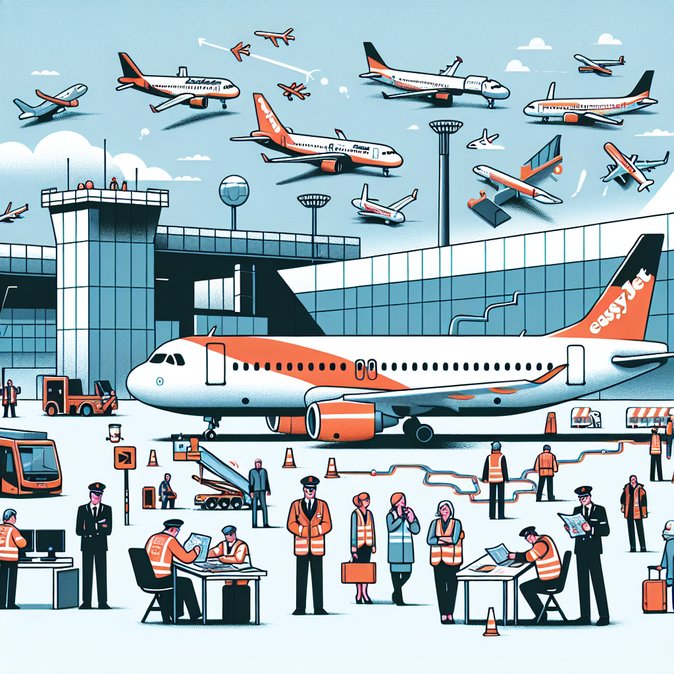
Just 48 hours after Rome’s airport walkout, Italy’s travel sector is bracing for a new wave of disruption: the main air-traffic-controller union (UNICA) has called a four-hour national strike on Friday 14 November, running from 13:00 to 17:00 local time. The action coincides with a 24-hour stoppage by Volotea cabin-crew staff and a separate 13:00–17:00 walkout by easyJet employees.
Unlike Wednesday’s Rome-only strike, Friday’s action will affect the entire Italian airspace managed by ENAV, potentially grounding dozens of overflights as well as domestic and international sectors. Business-aviation schedulers note that Milano ACC and Brindisi ACC will operate with skeleton crews, increasing the likelihood of slot rationing at hubs such as Milan-Linate, Venice and Naples.
![Air-Traffic Controllers, easyJet and Volotea Plan 14 November Strikes Across Italy]()
Travellers with time-sensitive meetings should consider rail alternatives where feasible: Trenitalia will add capacity on high-speed routes between Milan, Rome and Naples, though seats are already limited owing to group bookings for the Italy-New Zealand rugby match in Rome the same weekend. Corporate travel managers may also wish to activate out-of-hours support for travellers transiting secondary airports—historically the first to lose slots during national ATC strikes.
The broader context is salary realignment. Air-traffic-controller pay negotiations have stalled over inflation-adjustment clauses, while Volotea and easyJet unions are pressing for harmonised scheduling rules. With Europe-wide ATC staffing shortages creating leverage, analysts expect further job actions into 2026 unless talks accelerate.
For mobility programmes, the recommended mitigation steps include re-booking critical staff onto flights before 13:00, authorising flexible routing via hubs in neighbouring France, Switzerland or Austria, and pre-negotiating day-use hotel rates near Milan-Malpensa and Rome-Fiumicino for standby crews.
Unlike Wednesday’s Rome-only strike, Friday’s action will affect the entire Italian airspace managed by ENAV, potentially grounding dozens of overflights as well as domestic and international sectors. Business-aviation schedulers note that Milano ACC and Brindisi ACC will operate with skeleton crews, increasing the likelihood of slot rationing at hubs such as Milan-Linate, Venice and Naples.

Travellers with time-sensitive meetings should consider rail alternatives where feasible: Trenitalia will add capacity on high-speed routes between Milan, Rome and Naples, though seats are already limited owing to group bookings for the Italy-New Zealand rugby match in Rome the same weekend. Corporate travel managers may also wish to activate out-of-hours support for travellers transiting secondary airports—historically the first to lose slots during national ATC strikes.
The broader context is salary realignment. Air-traffic-controller pay negotiations have stalled over inflation-adjustment clauses, while Volotea and easyJet unions are pressing for harmonised scheduling rules. With Europe-wide ATC staffing shortages creating leverage, analysts expect further job actions into 2026 unless talks accelerate.
For mobility programmes, the recommended mitigation steps include re-booking critical staff onto flights before 13:00, authorising flexible routing via hubs in neighbouring France, Switzerland or Austria, and pre-negotiating day-use hotel rates near Milan-Malpensa and Rome-Fiumicino for standby crews.


